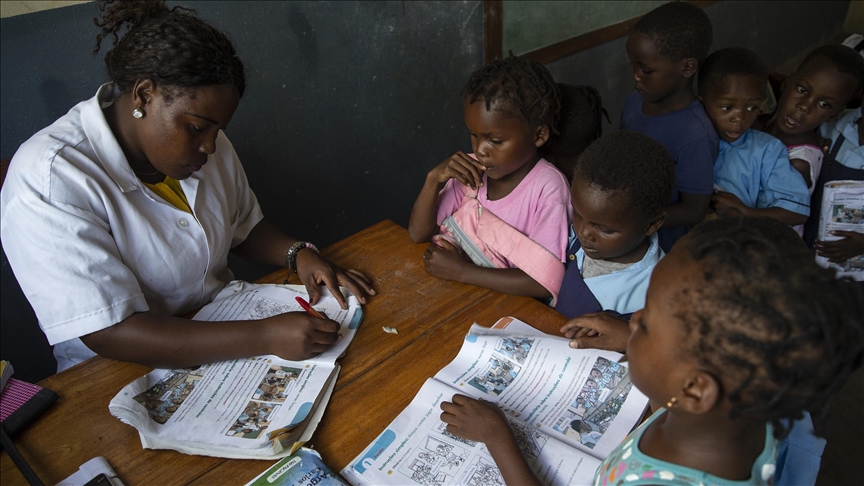Mozambique’s early childhood education sector is facing a serious setback following the suspension of U.S. aid, with tens of thousands of children at risk of losing access to school meals, officials and aid organizations warned on Wednesday.
The United States Department of Agriculture (USDA) had supported Mozambique’s National School Feeding Program (PRONAE) for over a decade, contributing $75 million to improve early education, particularly in pre-primary schools. The program, run in partnership with World Vision-Mozambique and the Mozambican government, provided over 22 million meals to more than 93,000 children across 160 schools in Nampula Province by 2024.
Lopes Muquera, deputy director of the Together Educating Children initiative, described the funding freeze as a major blow to both education and nutrition. “We risk undoing the progress made over the past 12 years,” he said, warning that school dropout rates could rise and malnutrition could worsen among children and mothers who were also benefiting from the program.
The UN World Food Programme (WFP) recently cautioned that up to 57,000 children in Nampula could go without daily meals if new funding is not secured. Anabela Munarapa, head of Cross-cutting Affairs at the provincial education directorate, echoed concerns, saying local communities who had been central to the program’s success are now left powerless.
Efforts are underway to mobilize resources and ensure the continuity of school feeding. Munarapa stressed that the government remains committed to supporting schools and communities to maintain student attendance and learning outcomes.
The crisis follows the U.S. government’s decision in February to freeze most foreign aid to Mozambique. The two countries had signed a five-year, $1.5 billion development cooperation agreement in April 2022.



